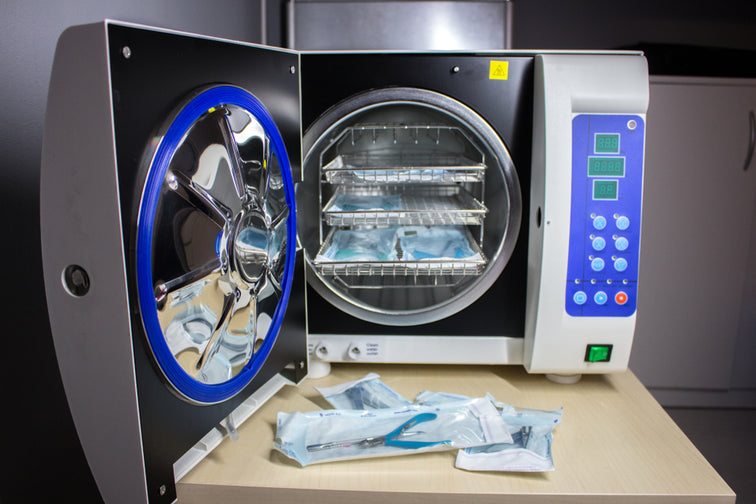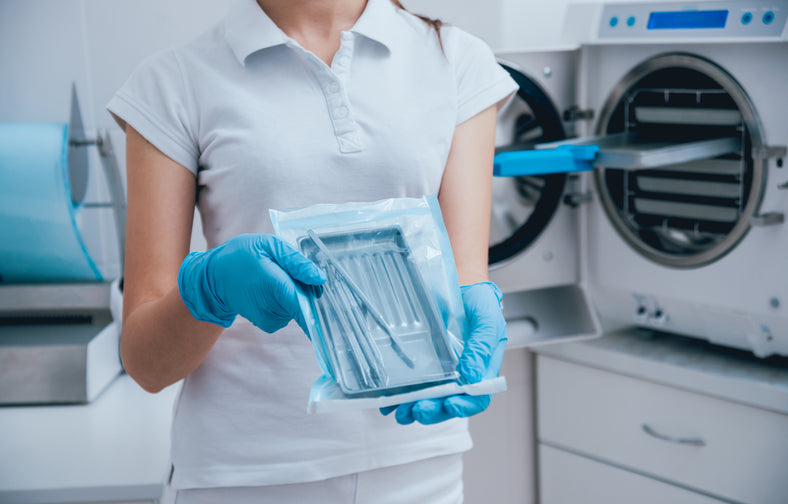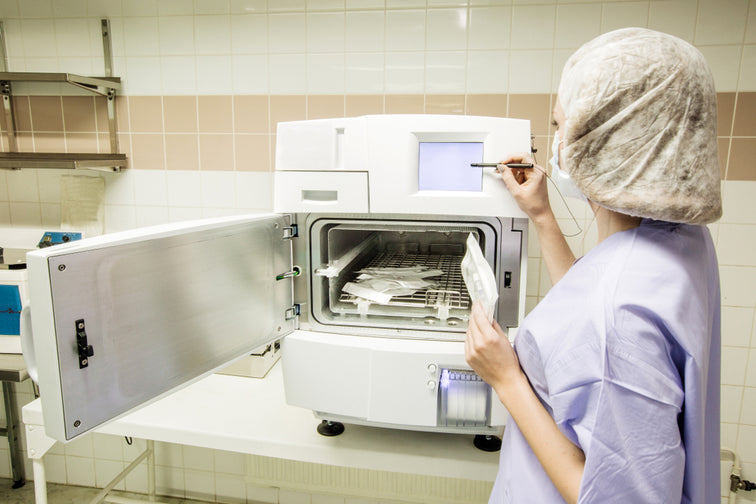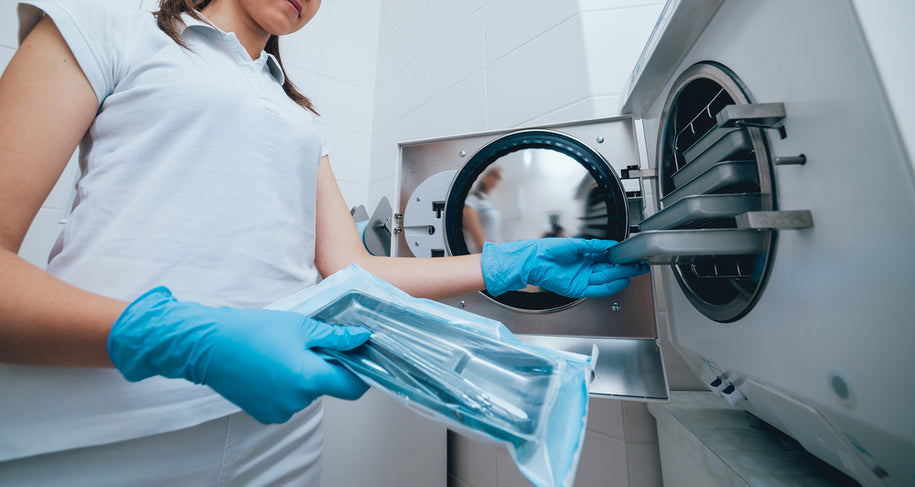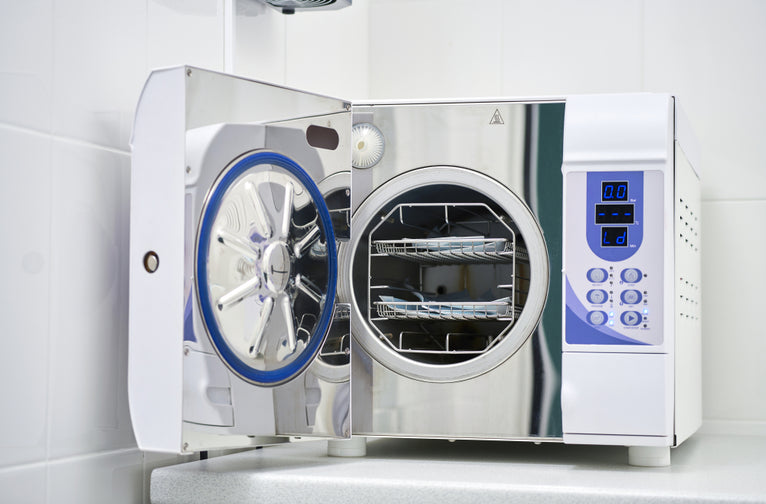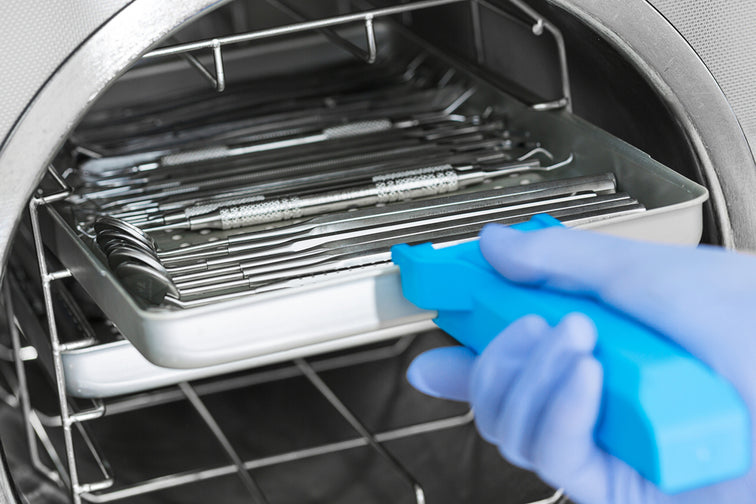Why Are Sterlisation & Autoclaves Important For The Nails And Beauty Industry?
Are you looking for a reputable beauty salon? Do you know why sterilisation is important for the nails and beauty industry? Please continue reading below to learn more. If you operate a beauty salon, the law states that the salon should be run in a fully hygienic environment. A beauty salon sees dozens of different people passing through every day. Working in a salon means you are exposed to many different customers. You will be performing beauty treatments starting from the hair, scalp, fingernails, and toenails to the most intimate areas of the customer. That's where impeccable salon hygiene is...

